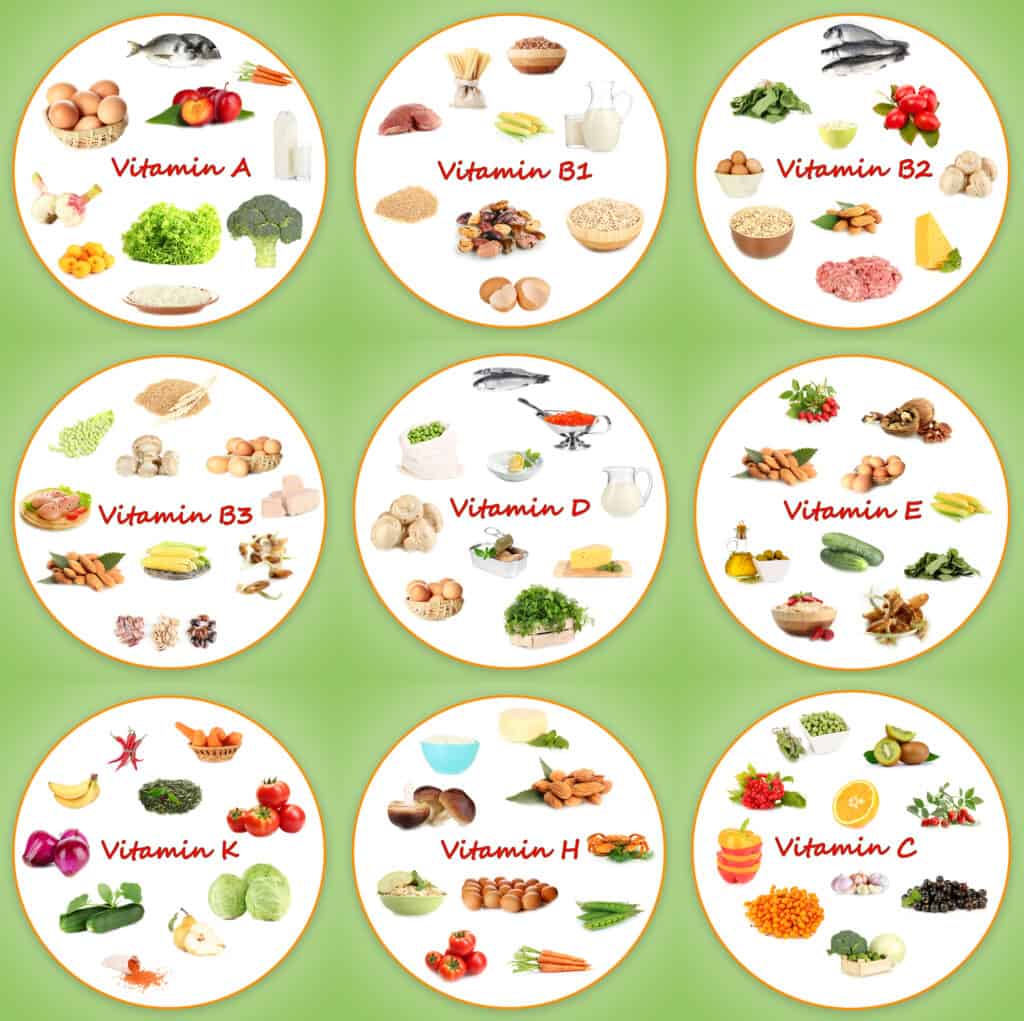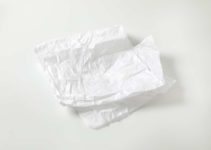Welcome back to Air Fryer Bro. Today we are tackling the idea of nutrients in food, and whether our beloved air fryers destroy these nutrients more or less than other cooking methods. We have already talked about whether air fryers are healthy in general or whether they cause cancer, but destroying nutrients has not yet come into the conversation. Time to finally address the balance 🙂
Generally speaking, nutrients are destroyed by exposure to heat, oil, and water whilst cooking. An air fryer only uses heat, and in shorter stints than some other common cooking methods. This means that an air fryer is one of the better ways to cook food whilst retaining nutrients.
For those of you that want to dive more deeply into this topic, please read on…
What are Nutrients?
When we talk about nutrients in food, we are talking about the basic compounds that exist in food that are essential to our human existence. They provide everything from the energy we need to the structure that helps our body repair itself. Put simply, they are important!
There are six main types of nutrients we can find in food:
- Carbohydrates
- Lipids (loosely called fats)
- Proteins
- Vitamins
- Minerals
- Water
How are Nutrients Destroyed During Cooking?
Nutrients can be destroyed in several ways. When talking about cooking, we are looking at those nutrients that are destroyed by heat and exposure to water or oils.
Exposure to Heat
High heat whilst cooking is known to destroy Vitamin A, Vitamin E, Vitamin C, Vitamin B6, Vitamin B12, Thiamin (Vitamin B1), Folate and Pantothenic acid.
Generally speaking, the higher the temperature and longer the exposure, the worse the loss of nutrients.
Exposure to Water
Vitamin C, Vitamin B6, Vitamin B12, Thiamin (Vitamin B1), Riboflavin (Vitamin B2), Biotin (Vitamin H) and Potassium have all been known to get lost when exposed to water. Typically, they are water soluble and end up combining with the water used in cooking, rather than staying in the food itself. Unless you consume this water, the nutrients are lost.
Exposure To Oils/ Fat
In the same way that some nutrients are water soluble, some are also fat soluble. When exposed to fat they can be combined with that fat, which (if not consumed) can mean the nutrients are lost. Using as little fat or oil in cooking as possible can minimize this.
The main fat-soluble nutrients are Vitamin A, D and E.
Some nutrients can also be lost, as hot oil will oxidise some elements of your food and contribute to nutrient destruction. This can be lessened by using oils with a higher smoke point.

Does Air Frying Destroy More or Less Nutrients than other Cooking Methods?
If we look at the mains ways that nutrients are lost during cooking (through exposure to heat, water and fat), we can see that air fryer actually comes out pretty well.
Air frying requires very little (and sometimes no) oil when cooking, therefore the amount of nutrients lost will be a lot less than some other types of cooking. Think about deep fat frying, when food is submerged in a large amount of oil that is not consumed afterwards. This is much worse, and one of the reasons air fryers were designed to replace deep fat fryers.
Air Fryers don’t use any water generally, so this means that water-soluble nutrients shouldn’t be lost. I can remember when I was a child and most of the vegetables I ate at home had been boiled in water (that was then thrown away). As I have grown up, a lot of people have become wise to this and have started steaming or roasting vegetables instead. Air fryers fit right into this perfectly.
The main thing that air fryer use that can destroy nutrients is heat. However, this is helped by the fact that the cook times are less in an air fryer potentially meaning fewer nutrients are destroyed. Think about when you oven cook something, it will be exposed to the same heat as an air fryer but for double the time. This helps the air fryer do slightly better when it comes to destroying nutrients.
Most scientists agree that nutrients start to get destroyed above a heat of 100 degrees Celsius or 212 Fahrenheit. Most cooking methods will use at least this temperature, so if you want to cook food it is hard to get away from nutrient destruction full stop. This is not an air fryer specific issue 🙂
As Air Fryer Users, What Can We Do to Lessen Nutrient Loss?
First of all, you should do your research about specific nutrients in your food. For example, there is a school of thought that you should switch to a raw food diet to keep all your food’s nutrients. But this can vary from food to food. For example, broccoli has certain nutrients in it that becomes easier for your body to absorb when cooked. Also, a tomato has lycopene which increases as it is cooked. So before you make sweeping assumptions, do your reaearch.
However, in general, by keeping the surface of your food dry and cooking quickly with hot air, air fryers are up there as one of the better cooking methods for retaining nutrients.
One tip would be to try to use any fats that drip out of your food whilst cooking. For example, when I am cooking meat in my air fryer, I often use the juices that come out in gravy.
I know we don’t use much oil in our air fryers, but some foods do require a quick spray to make them crispy. The nutrient destruction here is already not much, but you can lessen it further by using oils with a high smoke point, which will help lessen any effect that it may be having on the nutrients in your food.
I have a whole article on the best oils for your air fryer, including which one’s have a high smoke point. This will also have the added bonus that an oil will higher smoke point will lessen the likelihood of your air fryer smoking out your kitchen 🙂



![Should I Buy a Digital or Manual Air Fryer? [READ THIS]](https://airfryerbro.com/wp-content/uploads/2022/05/Depositphotos_378494372_L-211x150.jpg)